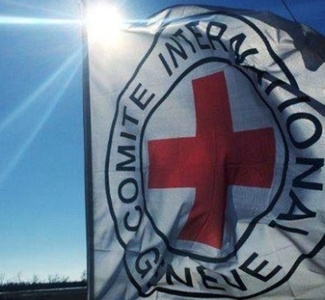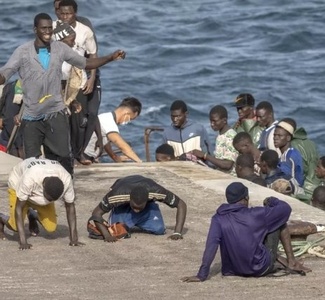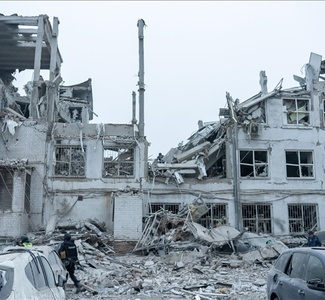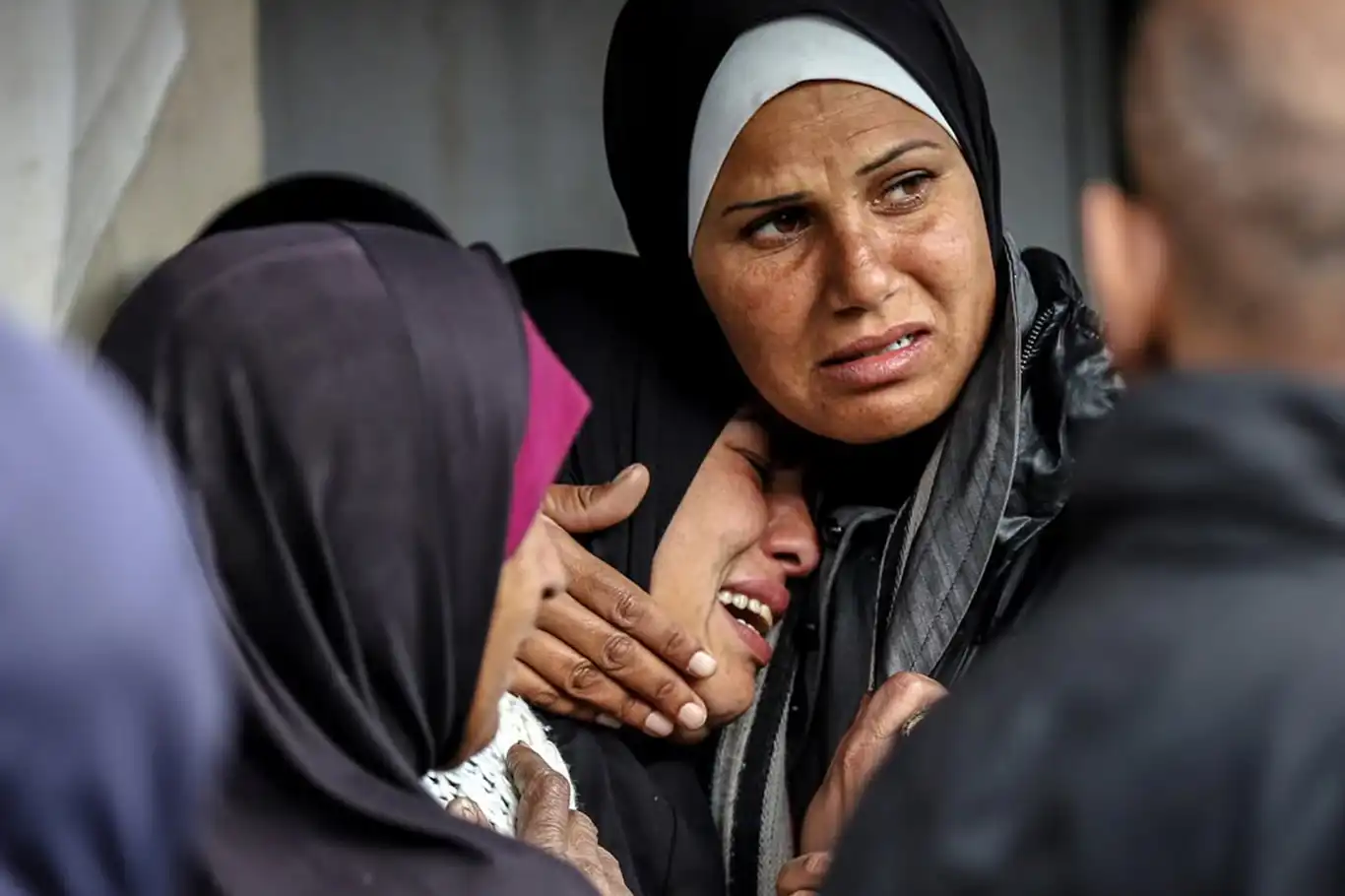Dengue outbreak claims 21 lives in Bangladesh, total deaths reach 618 this year
The dengue fever outbreak in Bangladesh has taken a grim toll, with an additional twenty-one lives lost in the last 24 hours, pushing the total number of fatalities from this mosquito-borne disease to 618 for the year.

 Google News'te Doğruhaber'e abone olun.
Google News'te Doğruhaber'e abone olun. During this critical period, the Directorate General of Health Services (DGHS) has reported a distressing surge in hospitalizations. A staggering 2,352 new dengue patients were admitted to hospitals due to this viral fever. Of these recent cases, 982 required hospitalization in the capital city of Dhaka, while the rest were reported from various locations outside the capital. This surge underscores the deteriorating situation affecting the entire country, as indicated by the DGHS.
Presently, the nation is grappling with the management of 8,632 dengue patients receiving treatment in hospitals across the country, with a significant portion, 3,903 cases, being treated in Dhaka alone.
To date, the DGHS has meticulously documented a total of 127,694 cases of dengue this year, offering a grim perspective on the scale of the outbreak. However, it's not all bleak news, as 118,444 individuals have successfully recovered from the disease.
In a global health alert, the United Nations World Health Organization (WHO) has urgently called for immediate action in response to the escalating number of dengue cases in Bangladesh. According to the WHO, this surge in dengue incidence is transpiring in the backdrop of an unusual and sporadic pattern of heavy rainfall, coupled with soaring temperatures and high humidity levels. These environmental conditions have led to a notable upswing in the mosquito population throughout the country.
Dengue Fever: A Threatening Mosquito-Borne Illness
Dengue fever is a formidable mosquito-borne illness caused by the dengue virus. The primary mode of transmission is through the bite of an infected Aedes aegypti mosquito, which also serves as a vector for Zika and chikungunya viruses.
This health crisis is not confined to Bangladesh alone, as dengue fever remains a pervasive public health challenge in tropical and subtropical regions globally. It is estimated that a staggering 400 million individuals contract the dengue virus each year, resulting in approximately 25,000 deaths annually.
Typical symptoms of dengue fever include:
- High fever (40°C/104°F)
- Severe headache
- Pain behind the eyes
- Muscle and joint pain
- Nausea and vomiting
- Rash
In more severe cases, dengue fever can progress into a life-threatening form known as dengue hemorrhagic fever (DHF). DHF is characterized by bleeding tendencies, plummeting blood pressure, and organ dysfunction. Rapid medical intervention is crucial in such cases to prevent fatal outcomes.
As of now, no specific antiviral treatment exists for dengue fever, and medical care mainly revolves around supportive measures such as rest, adequate fluid intake, and pain relief. Hospitalization becomes imperative in cases of DHF.
Crucially, there is currently no vaccine available to prevent dengue fever. The most effective preventive measure remains the avoidance of mosquito bites through the use of protective clothing, mosquito nets, and repellents, especially in areas prone to dengue outbreaks. Vigilance and community-based mosquito control efforts are also crucial in curbing the spread of this debilitating disease. (ILKHA)



















































